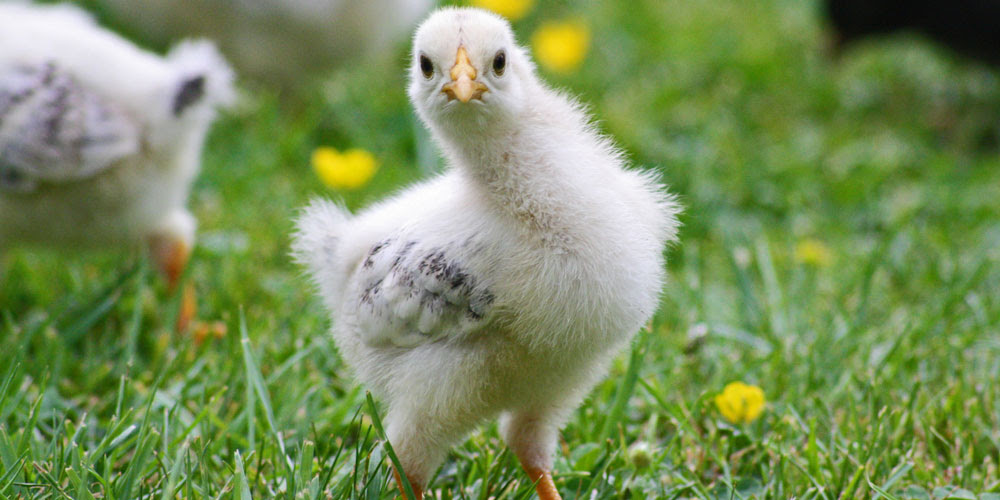
LOCAL
Chicken nuggets recalled
According to the Food Safety and Inspection Service, Tyson Foods, Inc. is recalling over 36,000 pounds of chicken nugget products that may be contaminated with extraneous materials, specifically rubber.
The recall specifically included white meat panko chicken nuggets that were produced on November 26, 2018. The panko chicken nuggets were shipped to retailers nationwide prior to FSIS being notified on January 29, 2019.
The problem was initially discovered when customers started to complain about extraneous material in the panko chicken nuggets they purchased. Although there have been no reports of adverse reactions to the consumption of the material, health officials have notified people to contact their healthcare provider if any injury or illness occurs.
FSIS is concerned that some of the product may be frozen and in consumers’ freezers. In addition, FSIS has also directed consumers, who have general food safety questions, to their virtual representation “Ask Karen” while directing all consumer related questions to Tyson Customer relations.
NATIONAL
Measles spreading in the US
There have been more than 100 cases of measles reported in more than 10 states in the US between January 1st and February 7th this year. More than 50 of the reported cases have been in Washington state. Health departments and the U.S. surgeon general are urging parents to vaccinate their children. Measles is a highly contagious virus that was eliminated in the US nineteen years ago although outbreaks still occur from strains currently spreading outside the US.
Measles lives in the nose and throat of an infected person and is transmitted person to person via coughing and sneezing. Measles virus can also survive up to two hours in the airspace where an infected person coughed or sneezed. If one person is infected with measles, 90% of people close to that person who are not immune will also become infected.
Currently in the US, 18 states allow vaccine exemptions to parents for moral, personal, or philosophical beliefs, but in the Pacific Northwest, lawmakers heard testimony on a bill Friday that would remove the parent’s ability to claim exemption. In Washington, 4% of secondary school students have non-medical vaccine exemptions. The bill, which was met with by protesters, would remove exemption for personal and philosophical beliefs.
INTERNATIONAL
Flu resistant chickens
The Roslin Institute at the University of Edinburgh in Scotland (the creators of “Dolly the sheep”) have developed gene-edited chicks designed to be totally resistant to the flu virus. The goal is to develop new approaches to try and prevent the next deadly human flu pandemic.
The gene-edited chicks will hatch later this year, said Wendy Barclay, professor of virology at Imperial College London. New technology called CRISPR has been used to alter the bird’s DNA. The ‘edits’ remove parts of a protein in the bird, on which the flu virus normally depends and therefore making the bird resistant.
An Influenza pandemic is considered one of the biggest concerns to Global Health and Infectious disease specialists. The last flu pandemic in 2009-2010 caused by H1N1 strain caused the death of about half a million people worldwide. Barclay says, “If we could prevent influenza virus crossing from wild birds into chickens, we would stop the next pandemic at source.”
There is concern though how the public would respond to eating gene-edited foods. Barclay does say though that the bird will remain genetically the same, except for the small protein change.
MDARD
Ask Karen
CDC: Measles Cases and Outbreaks
CDC: Transmission of Measles
USA Today
